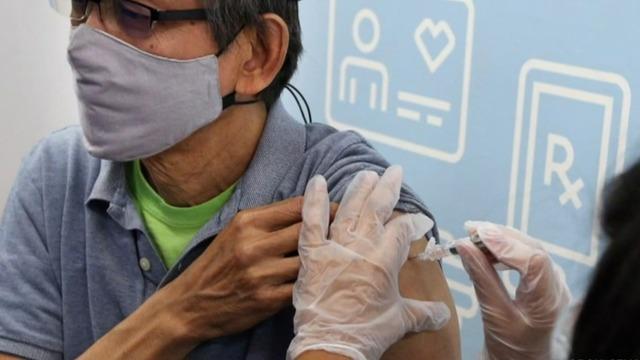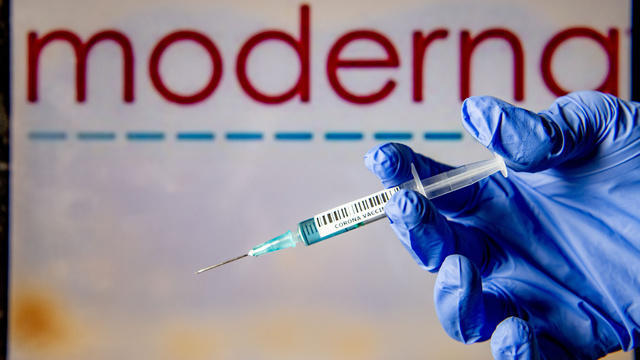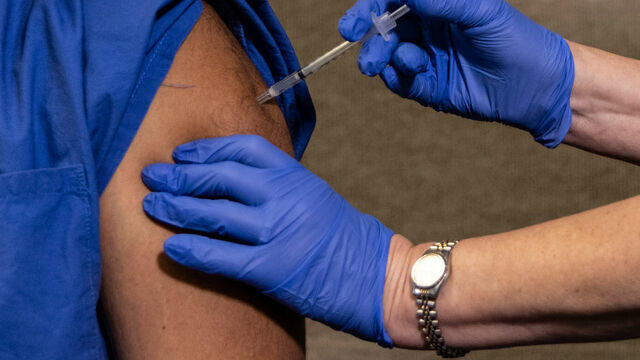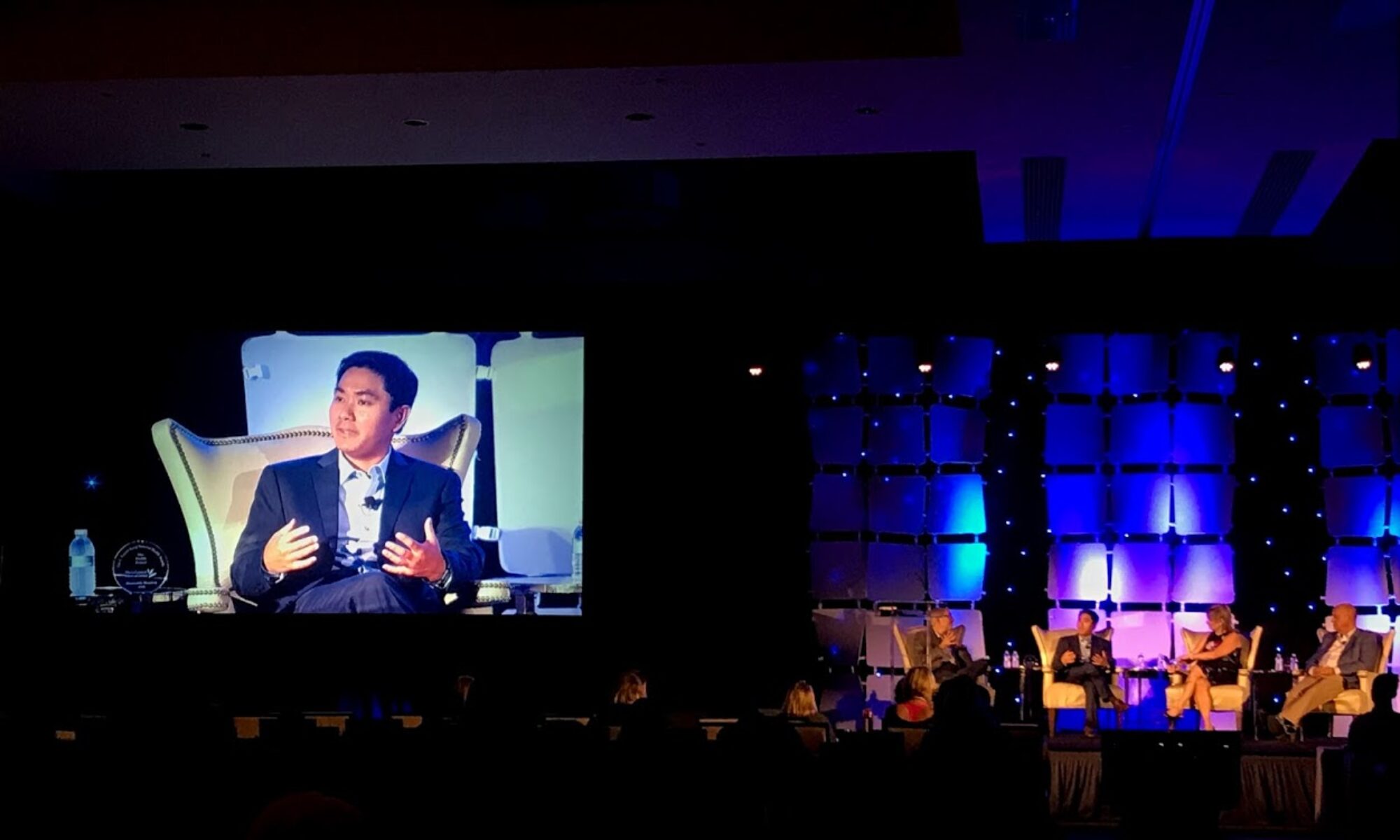As cases and hospitalizations remain steady, a new emergency treatment is being administered in the Lake Area for COVID patients who aren’t sick enough for hospitalization.
— Read on www.kplctv.com/2020/12/23/new-coronavirus-antibody-treatment-available-local-hospitals/
Employers can bar unvaccinated employees from the workplace, EEOC says
December 17, 2020 / 5:27 PM
By Megan Cerullo

With the first doses of Pfizer’s COVID-19vaccine now being administered in the U.S., the federal government is giving employers around the country the green light to require immunization for most workers.
In general, companies have the legal right to mandate that employees get a COVID-19 shot, the Equal Employment Opportunity Commission (EEOC) saidWednesday. More specifically, employers are entitled — and required — to ensure a safe workplace in which “an individual shall not pose a direct threat to the health or safety of individuals in the workplace.” That can mean a company requiring its workforce to be vaccinated.
The Americans with Disabilities Act limits an employer’s ability to require workers to get a medical examination. But the EEOC’s latest guidance clarifies that getting vaccinated does not constitute a medical exam. As a result, ordering employees to get a COVID-19 shot would not violate the ADA.

Not all employees must get vaccinated, according to the agency. Employees with either a disability or “sincerely held” religious beliefs that prevent them from getting inoculated areexempt, according to the EEOC, which is charged with enforcing laws against workplace discrimination.
“If they do require it, an employee can make a request for an accommodation under the Americans with Disabilities Act or Title VII, and if they do request the accommodation, the employer has an obligation to see if accommodation is possible,” said Helen Rella, a workplace attorney at Wilk Auslander, a New York law firm.
In cases like these, an employer must attempt to make a reasonable accommodation for the worker, like allowing them to work from home, for example. If that’s not possible, however, and unvaccinated individuals pose a potential threat to either themselves or to others, a company has the right under employment law to exclude them from physically entering the workplace.
Notably, that doesn’t mean an employer may summarily fire a worker who declines to be vaccinated. They could be eligible for unpaid leave or other similar entitlements under federal, state and local laws, according to the EEOC.

“At some point, if they are on job-protected unpaid leave, that might rise to the level of undue hardship. But it would be on a case-by-case basis,” said Sharon Masling, a workplace attorney at Morgan Lewis in Washington, D.C., and former chief of staff to an EEOC commissioner.
Coronavirus Crisis
- Biden adviser Cedric Richmond tests positive for COVID-19
- LA mayor in quarantine after daughter tests positive for COVID-19
- Federal death row inmate tests positive for coronavirus
- Bitcoin surges past $20,000, topping previous peak 3 years ago
But the agency’s guidance does mean that if a worker’s job can’t be done remotely and there’s no reasonable way to accommodate the person’s wish not to be vaccinated, then the employer can terminate their employment.
“The logical conclusion is that if no possible accommodation can be made and the employee’s job requires that they be in the physical workplace — and they pose a direct threat to the safety of the workplace or others — that yes, they could be terminated,” Rella said.
First published on December 17, 2020 / 5:27 PM
© 2020 CBS Interactive Inc. All Rights Reserved.
7 Signs to Instantly Identify Someone With a Bad Leadership Style | Inc.com
How not lead your employees in the pandemic.
— Read on www.inc.com/marcel-schwantes/7-signs-to-instantly-identify-someone-with-a-bad-leadership-style.html
Transmission of SARS-COV-2 Infections in Households — Tennessee and Wisconsin, April–September 2020 | MMWR
This report describes findings from a household study that indicate transmission of SARS-CoV-2 among household members was frequent from either children or adults.
— Read on www.cdc.gov/mmwr/volumes/69/wr/mm6944e1.htm
CDC Definition of close contact
CDC now defines a close contact as someone who was within six feet of an infected individual for a total of 15 minutes or more over a 24-hour period
— Read on www.cdc.gov/coronavirus/2019-ncov/php/contact-tracing/contact-tracing-plan/appendix.html

